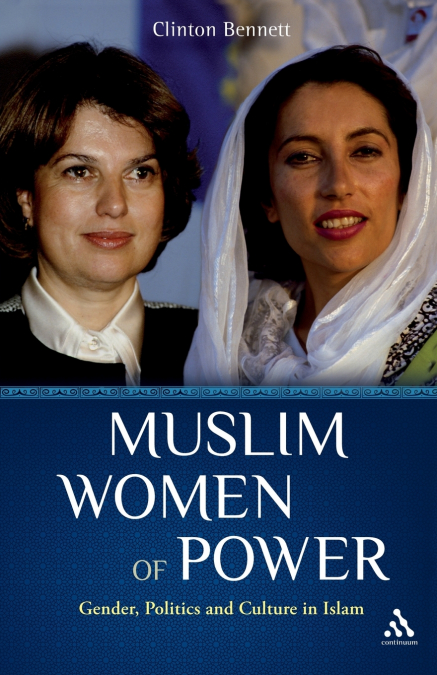
 Librería Perelló (Valencia)
Librería Perelló (Valencia)
 Librería Aciertas (Toledo)
Librería Aciertas (Toledo)
 El AlmaZen del Alquimista (Sevilla)
El AlmaZen del Alquimista (Sevilla)
 Librería Elías (Asturias)
Librería Elías (Asturias)
 Librería Kolima (Madrid)
Librería Kolima (Madrid)
 Donde los libros
Donde los libros
 Librería Proteo (Málaga)
Librería Proteo (Málaga)
Five women have served as leaders of Muslim countries, namely Megawati Sukarnoputri (Vice President of Indonesia, 1991-2001 and President 2002-4), Benazir Bhutto (PM of Pakistan, 1988-90 and 1993-6), Sheikh Hasina (PM of Bangladesh, 1996-2001), Khaleda Zia (PM of Bangladesh, 1991-5 and 2001-6) and Tansu Çiller (PM of Turkey, 1993-6). This is an extraordinary record and somewhat of a challenge to the widespread perception that Muslim women are oppressed. Four of the women belonged to political families by birth or marriage, raising interesting questions about the extent to which this played a role alongside their skills and personal qualities in their rise to power. To what degree did culture rather than Islam aid and abet their roles, or indeed is it sustainable to distinguish Islam from culture. This study of the role of these five powerful Muslim women uses their life and work to explore relevant issues, such as the role of culture, gender in Islam and the nature of the Islamic state.